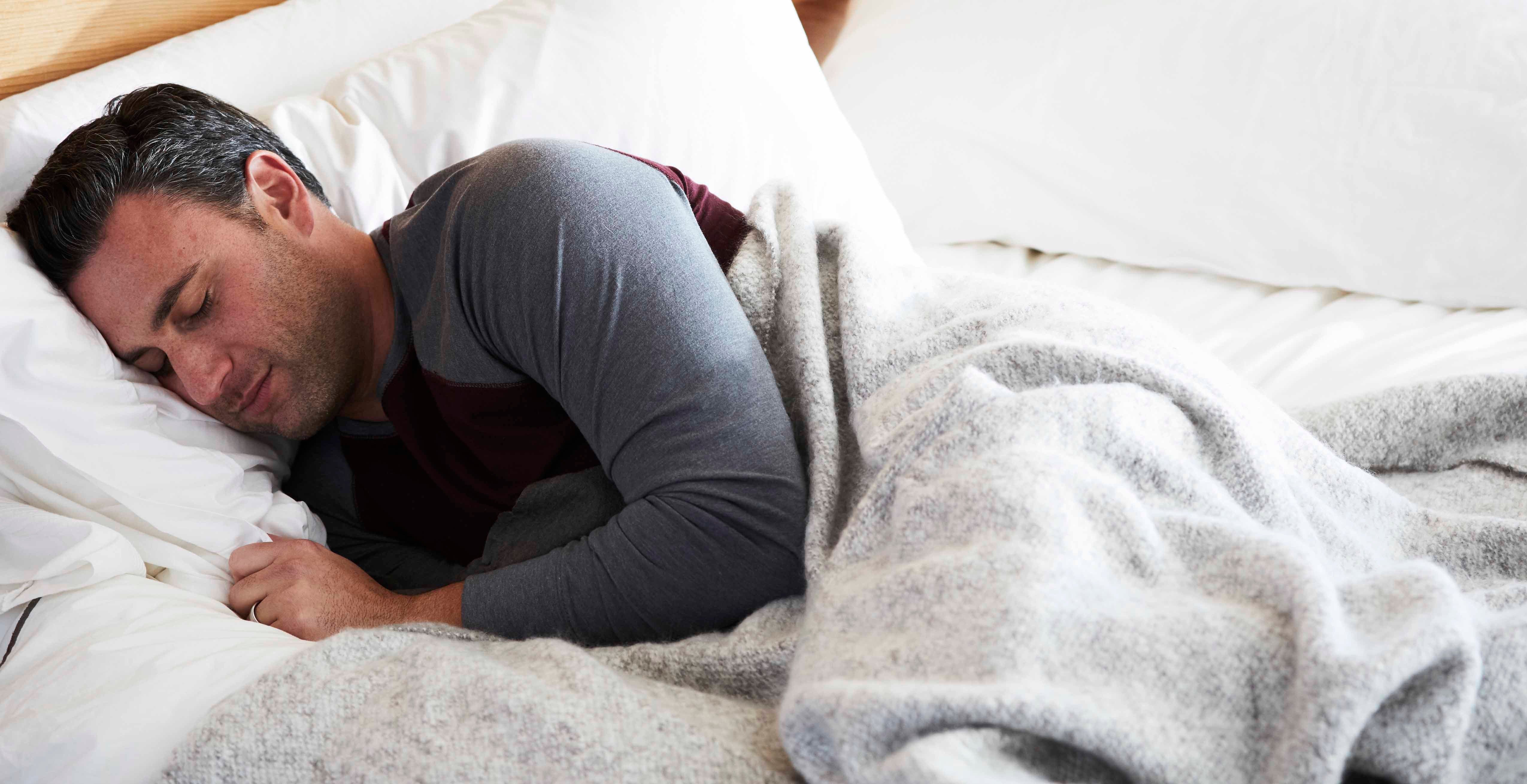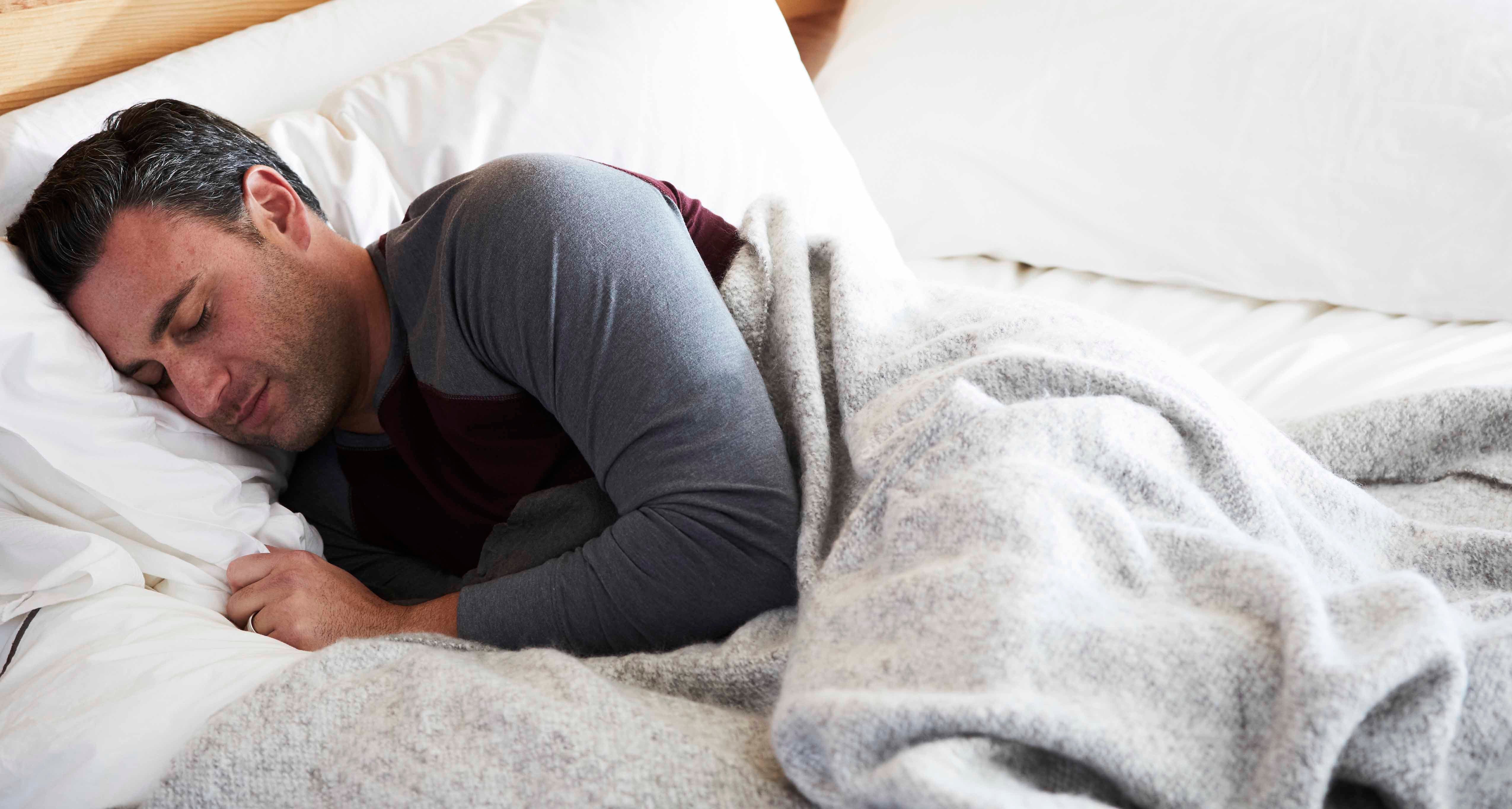Can't Sleep? Try These 5 Things


Even if you’re doing everything you can to prep for a full night's sleep, you might still toss and turn. Fortunately, you don’t need to succumb to sleepless nights. Try this the next time you’re lying in bed awake...
1. Get Out of Bed
It may seem counterproductive, but for some people, lying in bed trying to sleep will only make it harder to drift off, says Academy of Sleep Medicine spokesperson Raj Dasgupta, MD, assistant professor at Keck School of Medicine at the University of Southern California. “If you can’t fall asleep in the first 15 to 20 minutes, you should do things that are non-stimulating in dim light,” he says.
2. Read a Story
Have you ever noticed how time seems to fly by when you’re reading a favourite novel? Reading can also help you fall asleep, says W. Chris Winter, MD, author of The Sleep Solution: Why Your Sleep Is Broken and How to Fix It. Consider keeping a couple of really good books on your nightstand that you can reach for if you’re having trouble falling asleep, or even if you wake up in the middle of the night.
3. Remind Yourself It’s No Big Deal
Sure, it’s really important for your health and well-being, but ruminating about how you can’t sleep isn’t going to get you anywhere. There isn’t much difference between getting really great rest and a good night’s sleep, anyway, says Winter.
4. Try Visualization
Dr. Winter works with athletes to help them improve their sleep, and he’s found that visualizing practicing their sport helps them fall asleep fast. Whether you want to imagine you’re throwing free throws or practicing your swing, closing your eyes and placing yourself in that situation could help you fall asleep in minutes, says Dr. Winter.
5. Breathe Deeply
Whether you choose a breathing technique that involves controlling or counting your breath, or you just focus on your natural inhalation and exhalation, you’ll feel more relaxed and better able to fall asleep. Progressive relaxation, where you focus on relaxing one muscle of your body at a time while breathing deeply, has also been found to improve sleep quality, says Winter.
